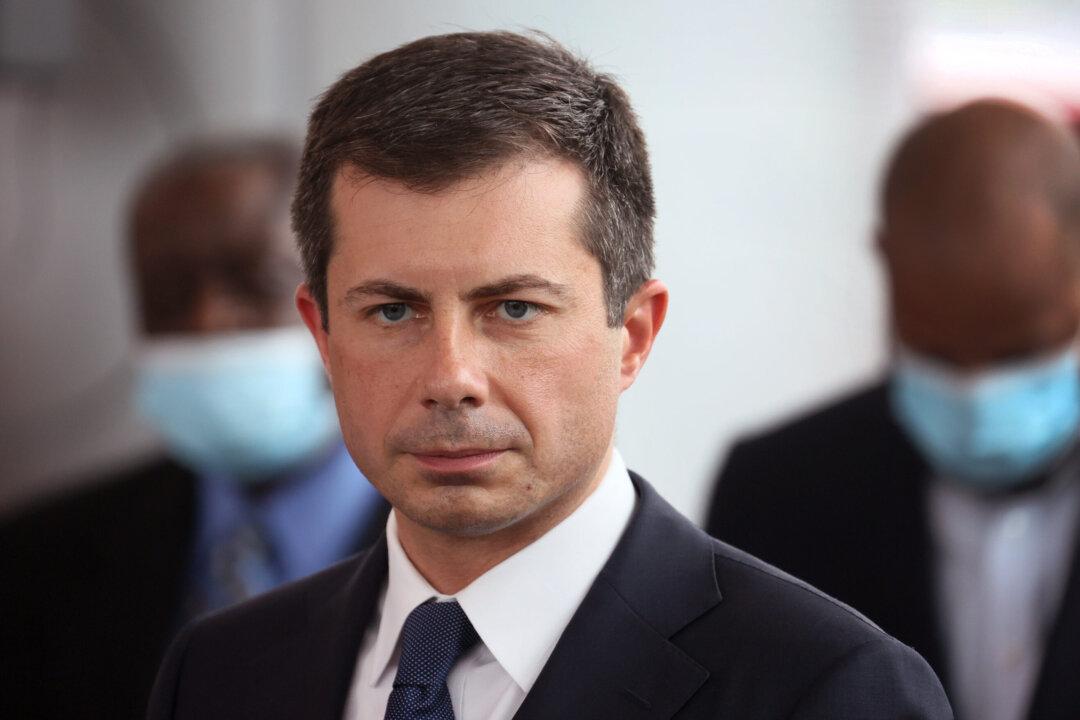Transportation Secretary Pete Buttigieg has warned that Americans could face “challenges” when it comes to traveling on the July 4 holiday amid chronic labor shortages and unpredictable weather.
In an interview with “NBC Nightly News“ on June 28, Buttigieg said ”there are going to be challenges“ with air travel but that officials are keeping a close eye on the situation and communicating daily with airlines about ”their responsibility to make sure that they can accommodate issues“ such as unpredictable weather and any other ”curve balls” that may be thrown their way.




